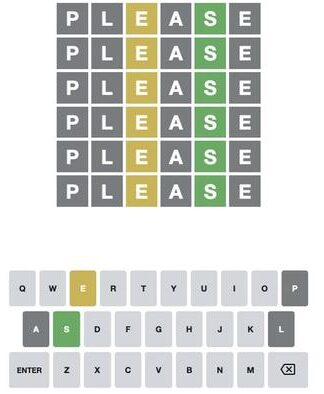Some people who have been under the influence of addiction believe that they can quit. Others believe that they are neck-deep into the process and cannot seem to stop (even if they want to).
Everybody has a way of developing a bad habit; no one falls into a pit altogether. You may have developed an addiction due to using it to fill a void in your life, such as shattered dreams and aspirations or past traumas. A genetic chemical imbalance in the brain can also cause it. Yes, that means a life without addiction is possible, but to live it, you must first define the source of the problem.
In this article, we will shed light on all the easy and practical ways you can beat addiction and become a new and healthy you:
- Create a support network
Please communicate with your friends and family and solicit their support and encouragement. Inform them about your situation.
If you buy drugs, you should consider telling your dealer that you’re quitting; ask your dealer not to sell you drugs any longer or even text about them. If they use your addiction object before you, ask them not to. Also, you might want to consult with your treatment center about the best method of quitting for you. There may be medications that can help you through the process and give the best results. For instance, the Delphi Health Group uses individualized treatment options that help people will all sorts of addictions. You can visit delphihealthgroup.com for more information. Or, if you want to consult online and have the convenience of talking to a professional in your own home, please consider consulting in this online suboxone clinic especially for people who suffers opioid addiction.
- Change your surroundings.
Get rid of any remembrances of your addiction in your home and office. Separate yourself from those who would motivate you to be involved with the object of your addiction, for example (alcohol or drugs). Get rid of bottle openers, corkscrews, alcohol, and wine glasses if you’re trying to quit drinking. Remove any scratch tickets, playing cards, or poker chips if you try to stop gambling. Also, don’t allow anyone else to use or bring reminders of the addictive substance or behavior into your home.
- Understand your triggers
Certain people, locations, and things will undoubtedly make you want to use drugs or drink while in recovery. Knowing your triggers can help you prepare for the possibility of craving and avoid it whenever possible. Make a list of your triggers and think about which ones you can indeed avoid. Acknowledge that some triggers are inescapable, so devise strategies for dealing with hunger pangs that may arise when you are triggered.
- Surf through your urges
Urge surfing is a mindfulness tactic based on accepting a craving for what it is rather than trying to resist and wish it away. Rather than attempting to suppress the urge entirely, surf it instead. When you feel a desire coming on, cease and acknowledge it to practice urge surfing. Accept it for what it is, and don’t try to make it disappear.
Sit down, close your eyes, and pay attention to the sensations and thoughts in your body. It can help to verbally acknowledge your thoughts and feelings as you go through the experience.
- Be of service to others.
Teaching is the best way to learn something new. If you are having difficulties with addiction, the most acceptable way to help yourself is to help someone further down the rabbit hole than you are. People that help others are less likely to be depressed and peeved. It doesn’t have to be a significant initiative. Your coworkers and family rely on you daily. So do good for others, and you will do well for yourself.
- Get rid of bad memories.
Many therapists provide memory reconsolidation, which aids in the treatment of cravings by unifying and removing memories associated with substance abuse. By eliminating these memories, you may experience fewer cravings triggered by environmental cues related to memories of usage.
- Exercise regularly.
According to one study, physical activity improves your health. It lowers your chance of developing terminal diseases like diabetes, heart disease, and cancer. Physical activity will make you feel better about yourself because it will energize you during the day and help you sleep better. It would help if you started working out to overcome your addiction. Recovering addicts who exercise regularly report a reduction in their stress and worries.
They also enhanced their social skills and found happiness in their lives. You don’t have to work out like you’re preparing for the Olympics. Running for at least 15 minutes every day is sufficient to improve your mental and physical health. If you don’t enjoy jogging, you can cycle or walk instead. Before you get started, consult with your doctor and see if it is okay to do so. For comprehensive support on your journey to recovery, explore addiction treatment programs tailored to your needs.
Conclusion
It is not easy to overcome an addiction – we get that. But apart from the tips we’ve discussed, you may require professional assistance. So don’t be afraid to seek help whenever you need it. You can also do it alone, but it is preferable to have someone to share your emotions and thoughts. Also, don’t expect yourself to rush back to health immediately; everything worthwhile requires time. So believe in yourself and don’t try to rush things! If you’ve been an addict for some time now, it will take some time for you to recover fully.















